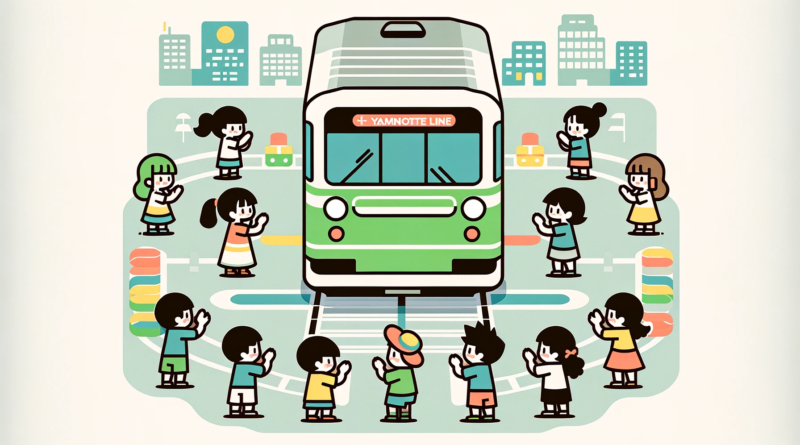Kokon Tōzai Gēmu (古今東西ゲーム)
Kokon Tōzai Gēmu
古今東西ゲーム
Yesterday, I introduced the four-character idiom kokon tōzai (古今東西), which means “all times and places.”
昨日は、ありとあらゆる時間と場所を意味する「古今東西」という四字熟語を紹介しました。
Combining this idiom with the word gēmu (ゲーム – “game”) leads to the famous Japanese game called kokon tōzai gēmu (古今東西ゲーム).
この四字熟語に「ゲーム」をつけると、日本でよく知られた「古今東西ゲーム」という遊びになります。
In this game, the leader says kokon tōzai followed by a theme, and then participants take turns saying a word that fits the theme.
「古今東西ゲーム」は、親が「古今東西」と言った後にお題を言い、そのお題に沿ったものを参加者が一人ずつ順番に言っていくゲームです。
The participants clap their hands twice and say the theme word alternately, and the one who cannot say the theme word in rhythm loses the game.
2回の手拍子とお題に沿ったものが交互に繰り返され、お題に沿ったものをリズムよく言えなかった人が負けとなります。
Common themes of this game include names of countries, train stations, and so on.
お題としては、国の名前や駅の名前などが定番です。
This game is also known as yamanotesen gūmu (山手線ゲーム – “Yamanote Line Game”) because the names of stations on the Yamanote Line in Tokyo were often used as the theme.
かつて山手線の駅名がよくお題として使われていたことから、「山手線ゲーム」とも呼ばれます。




